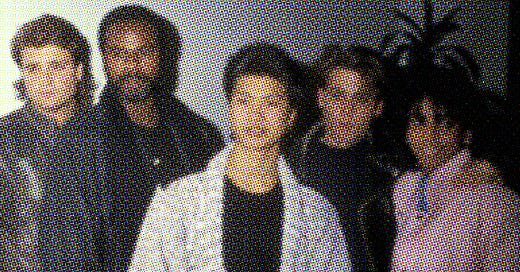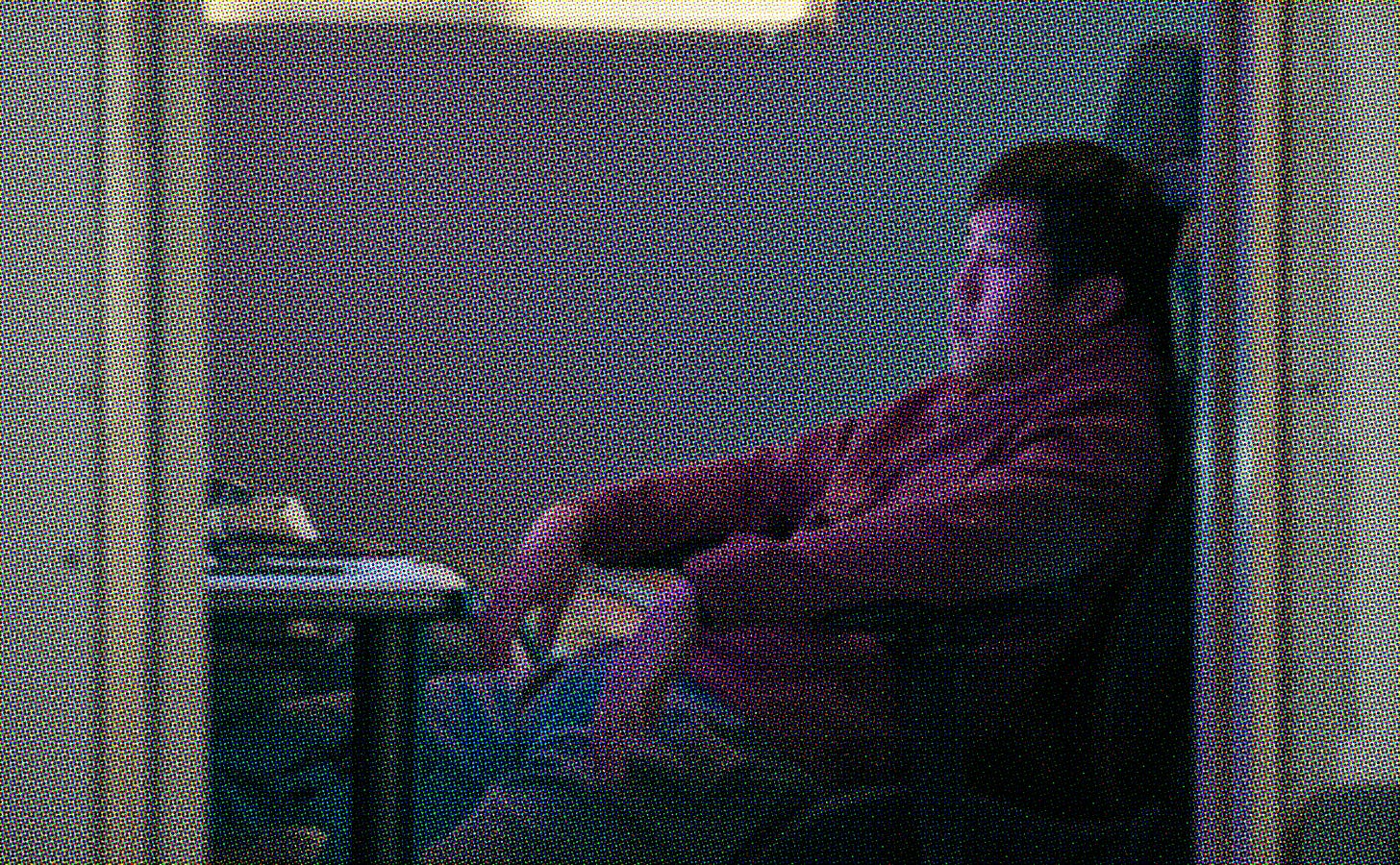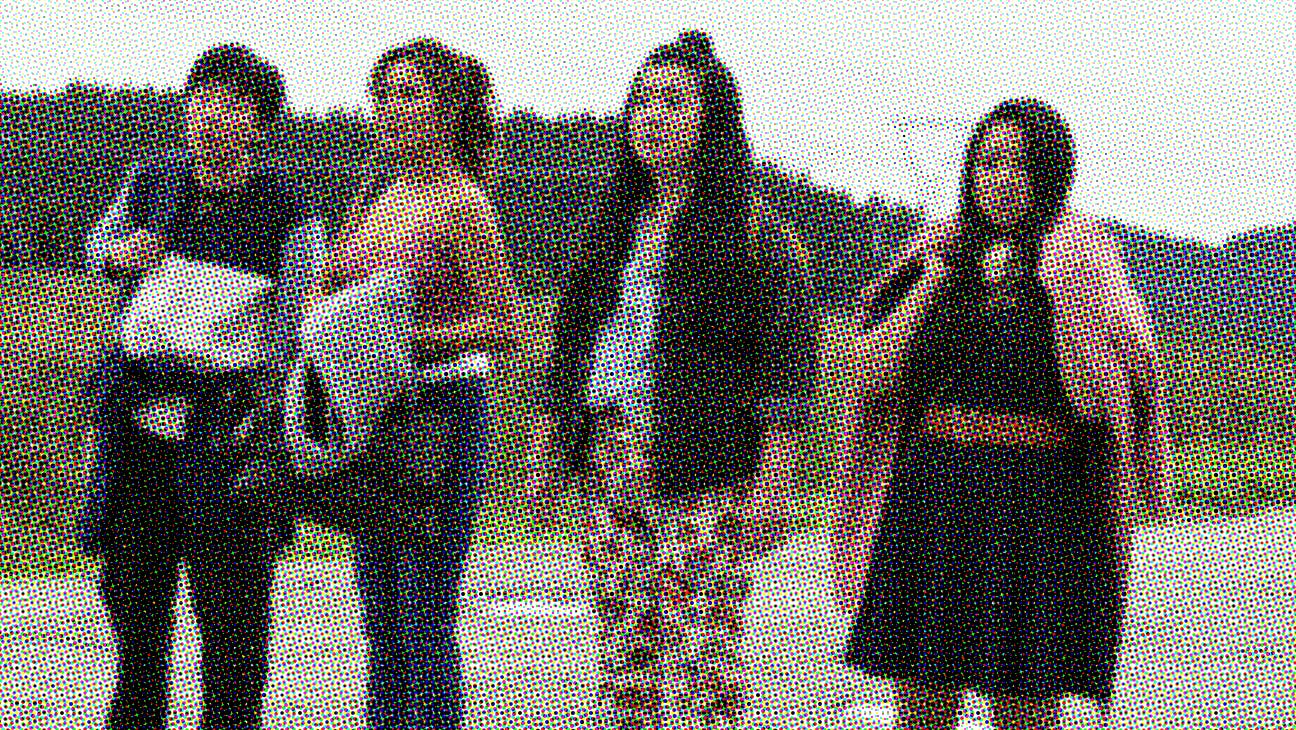By the way, May is Asian American and Native Hawaiian/Pacific Islander (AANHPI) Heritage Month (AANHPIHM). Let’s just call it Asian MAX month.
My relationship with my Asian-American identity has evolved throughout my life. I gotta admit, things were a bit more complicated in the ‘80s and ‘90s. There just weren’t that many of us, and fewer examples of us in inspiring positions – whether in careers or culture. Being Asian-American back then was like being Jar Jar Binks. You were the homie, but nobody really looked to you to be the hero. You spoke a funny language; it was also hard to relate. Audience scores were not testing well.
Speaking of movies, back then, Hollywood loved caricaturizing Asians because Japan was winning the auto wars and Vietnam and Pearl Harbor were still echoing in the background. We were the 21 Jump Street Guy at best and Long Duck Dong at worst. The closest we could feel to being accepted in this country was through an Italian-American kid named Daniel LaRusso, white people’s newfound love for *exotic* sushi, and Rufio. The ‘90s shaped things up a bit with anime, Giant Robot, and the rise of Murakami and Bape. But over the last twenty years, we’ve made significant progress. Although Asian Hate is very real, the Asian MAX community is now leading on the screen, in tech, comedy, music, skateboarding, even in sports. Our tentacles have extended far past math and sciences – influencing on TikTok, behind food trucks, and in activism. There’s a good chance your favorite celebrity is part Filipino. If your favorite founder isn’t Korean, they probably listen to Korean pop, apply Korean skincare, or watch Korean dramas. And behind Mexicans, Indians are the largest immigrant group in the United States.
It's fascinating watching America through my children’s eyes. To them, thanks to increased Asian MAX representation in society and positions of power, anything is doable and possible. The mere idea alone of pursuing passions is a seed for revolution. My parents’ generation was just happy to be here. Keep your head down, they said. Don’t raise a ruckus, they warned. They were indebted to the Immigration and Nationality Act of 1965. Until that point, the U.S. restricted Asian immigrants in order to preserve the nation’s Northern/Western European aesthetic. You know, back when America was “great.” So, to be able to survive and be ignored was enough. I, however, wanted more. My kids, meanwhile, want it all.
We have reached a point in American history where many of us in the Asian MAX community are finally feeling like we can be ourselves. Without being compartmentalized, labeled, or pigeonholed. Without explanation or justification. We’ve become so diversely capable and good at everything, that it’s hard to pin us as the doctor or Bruce Lee karate people anymore. It’s also becoming clearer how nuanced we are. We’re Crazy Rich but also have the widest wealth gap, with 13% of Asian-Americans living below the poverty line. We’re in the government, we’re criminals, but most of us are just like Young Mazino’s Paul in Netflix’s BEEF: outstandingly ordinary. When was the last time you watched an Asian MAX character like that? Not the wise sensei or the slinky, hyper-sexualized temptress. Even Data had to be an accomplished gadget inventor to be welcome to the Goonies’ clubhouse. Mazino’s Paul is just allowed to be. BEEF hit #1 on Netflix and has a 98% score on Rotten Tomatoes.
Look, nothing wrong with being Jar Jar Binks. The problem wasn’t with him, it was with the way society abbreviated him. Before, Jar Jar Binks was only afforded one role. Take it or leave it. And he sucked at it, and it was never offered again. Today, Jar Jar can be Rey or Anakin. Jar Jar can be a rapper or a famous vegan chef. And society doesn’t think it strange. That’s the breakthrough. Jar Jar made for an irritating Star Wars character, but maybe he would’ve been embraced as a Twitch streamer or tech demagogue. Think about it.
We have a long way to go, miles before we sleep, and the work will never be done. But this is why representation matters. I’m a believer in allowing humans to be entirely themselves, affording them the space and freedom to be expressive, while feeling safe, secure, and seen. Because, of course, this not only helps them and grounds their connectedness to the world. It benefits a society that feels more like a mosaic than a monolith. I have nothing but gratitude and respect for the Asian MAX pioneers who got us to this point, piercing the roadblocks. And to the next generation who only see green lights ahead. Go!








You are opening my eyes to so many things and I’m grateful to you for that!!